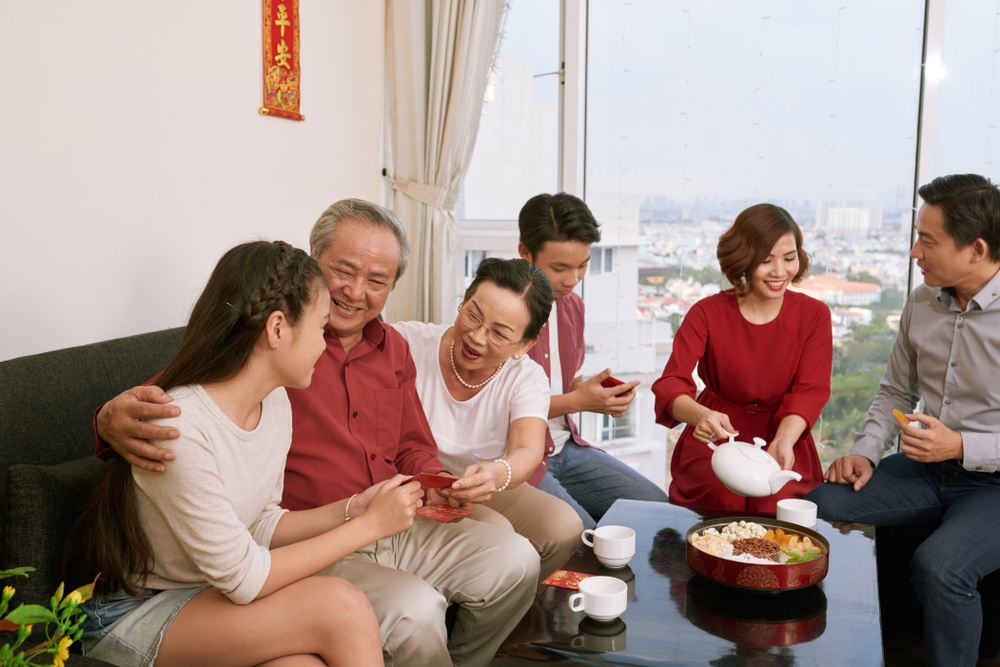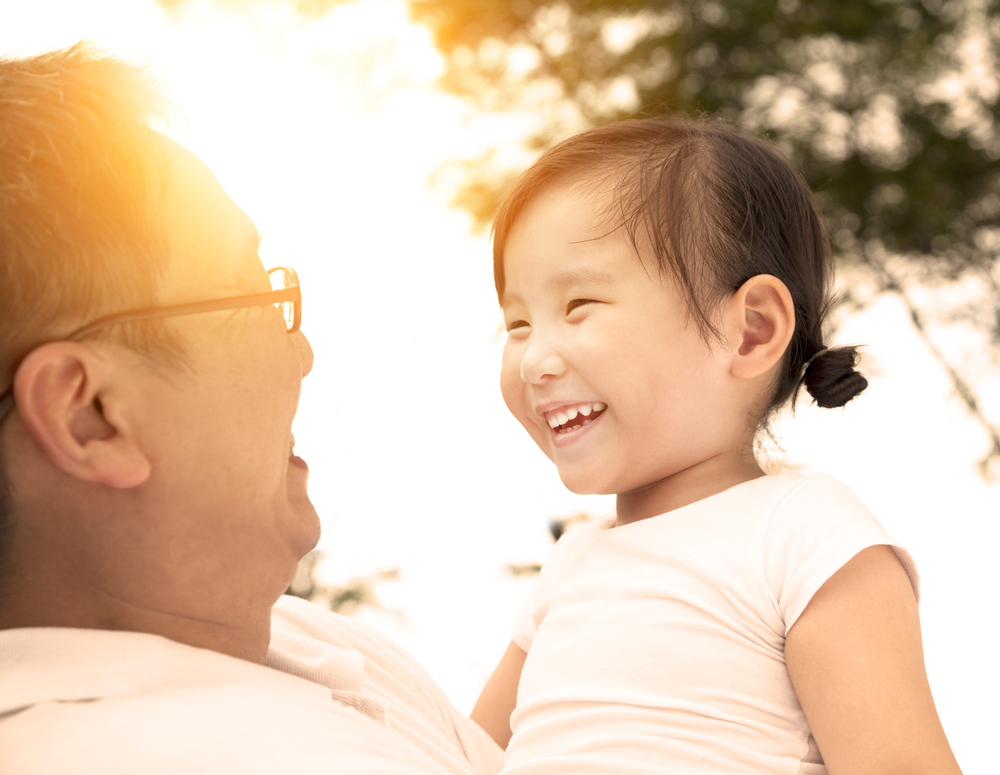Life Stages: Family and Parenting
For China’s 340,000,000 families, the average family includes 3.6 people. Although the typical nuclear family has one father, mother, and child, it remains common for families with three or more generations to live together in China, especially in rural areas. Between 1979 and 2015, China heeded a government-imposed norm of one child per family, and violators of the norm faced various penalties and even harassment from local government officials. Under such circumstances, parents considered a child central to the family. Furthermore, many poor parents in rural areas depended, for their survival, on the remittances from their child working in the city.
Single-Child Policy
Under the strict single-child policy, many parents hoped for a male child. Many in China considered female children a liability, forcing the government to take prohibitive measures against the increasing incidence of gender-selective abortions.
A policy allowing two children per family was approved in 2015, opening the door for a more welcoming attitude toward female children and greater economic security for elderly parents.
Cultural Norms
Traditionally, Chinese depended on family hierarchy to dictate childbearing order, and elder children begot progeny first. However, such cultural norms have no relevance in China at present.
Society today expects both parents to nurture and discipline children, and traditional views of the respective roles of father and mother are fast blurring. Working mothers of China’s leapfrogging economy increasingly share in decision-making with their husbands.
In many rural areas, several generations still live together, and the husband’s mother remains in charge of the household. In urban nuclear families, the husband and wife generally manage the household together, with women having increasing say in their homes. Grandparents generally live with their eldest sons in rural areas. In cities, they play a role in looking after the children of working parents.
Typical family life involves one or both parents going to work while grandparents or child-care centers care for young children. The family partakes of the evening meal together. Chinese enjoy watching TV together, an important family activity in China. Other family pastimes include karaoke, watching important movies, and playing Mahjong.
The Confucian teaching of duty and reverence to parents, elders, and ancestors remains deep-rooted in Chinese culture, and even now finds honor in traditional, rural areas. However, in China’s march to become an economic superpower, and with increasing affluence and Westernization, traditional bonds to parents and elders are increasingly loosening.
Divorce
As divorce by mutual consent has become markedly easy to obtain in China, divorce has become increasingly common. Both parents have equal rights to custody of children in the event of divorce, and courts take children’s wishes into account when granting child custody.
Copyright © 1993—2025 World Trade Press. All rights reserved.

 China
China 
